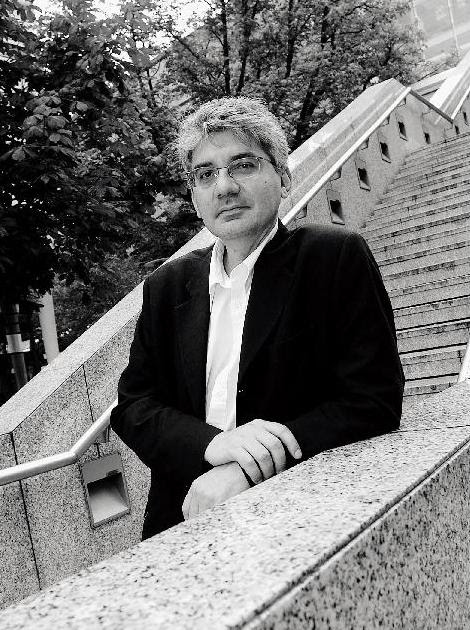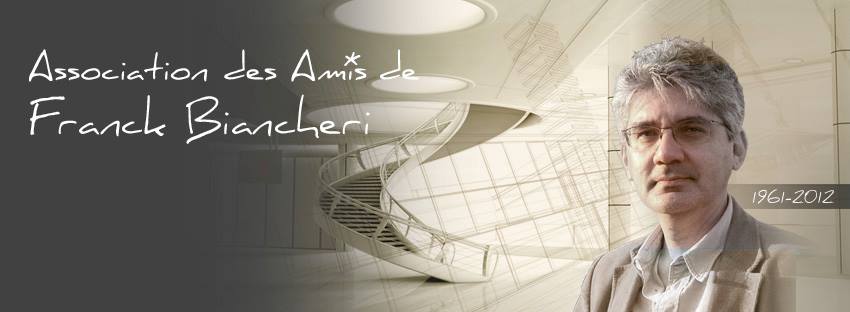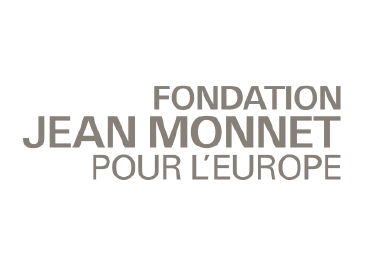(11/03/2020) We see it, teleworking, teleconferencing, networking are taking off. Coronavirus is forcing us to invent new ways of working, of debating and exchanging information, as it brings transport to a halt and forces us to remain confined to our homes behind our computers so as not to contaminate others. Even our institutions are doing this, and even more remarkable is the fact that the European institutions, the Commission, Parliament and also the Council, are now sitting via Internet platforms. A revolution! We can see that even in terms of governance we can work in networks, remotely! This is a paradigm shift that will open up many prospects, particularly in terms of bringing citizens closer to Europe, which sounds the death knell for the European pyramid model. Will we finally speak of trans-European’?
Networking! This is something that Franck Biancheri has been working on throughout his life as a European activist, as a precursor, as usual, making new technologies and the Internet available to human and civic relations.
All the structures he founded are based on this notion of network, not only from a geographical but also from a technological point of view: For him it was essential that in our ‘modern’ societies we should be able to meet the challenges posed for many citizens in Europe by the inability to travel, to meet, for reasons of cost, time, physical constraints (the last years of one’s life, due to illness, Franck Biancheri travelled very little), and he endeavoured to develop, use and promote, even sometimes, or often, against the opinion of the majority of people, throughout his activities the technological tools that would help the members of these structures, and more generally Europeans, to meet and debate “virtually”.
There are many examples: the minitel for the European FDI campaign, the very first trans-European political party -1988/1989; the transatlantic “people-to-people” internet exchange network, TIESWEB -1997!; the organisation of the very first trans-European online elections, EUSV -2001; the internet forums for Newropeans members, e-agora -2004/2009; the online political anticipation seminars organised by LEAP -FEFAP, 2006/2012; his interventions in the framework of different congresses/conferences on the theme of new technologies; but above all the work of the Franck Biancheri networks themselves, virtually gathering members from all over the world…
Today it seems so obvious to us that we even wonder why the institutions, although moved by questions of budgetary restrictions and respect for the environment (which push them to centralize all their core powers in Brussels), have not prepared themselves for it well in advance. At a time when all citizens in Europe, and throughout the world, live at the pace of social networks, our leaders were still following the practices of the last century.
By reading Franck Biancheri again, it seemed so simple! We recommend the following reading list:
- NICE-Info n°0 du 25/07/1990: notamment: “N.I.C.E. (Network for Information on the Community in Eastern Europe) à la veille du lancement!” et “N.I.C.E. former pour communiquer”
- Comment organiser en réseau le système administratif communautaire? Note de synthèse du séminaire Prometheus-Europe/Europe2020 à Bonn des 7-8/10/1999
- How to manage the EU in 2020? notamment la partie sur les réseaux technologiques, Bonn 7-8/10/1999
- article du Monde, 27/06/2001: Les étudiants d’Europe testent la démocratie sur internet
- flyer de Tiesweb
- The three post-war scenarios regarding EU-US relations (notamment la partie sur Tiesweb), Europe2020, 17/04/2003
- Programme de la conférence “Information Society & The Regions: Contributing to Cohesion in EU-25”, organisée à Budapest du 9 au 11/06/2004
- Valorisation de l’intelligence humaine, Perspective et Réalité des Organisations Professionnelles, intervention de Franck Biancheri 20/10/2004
- Franck Biancheri networks
The editorial team, 11/03/2020





